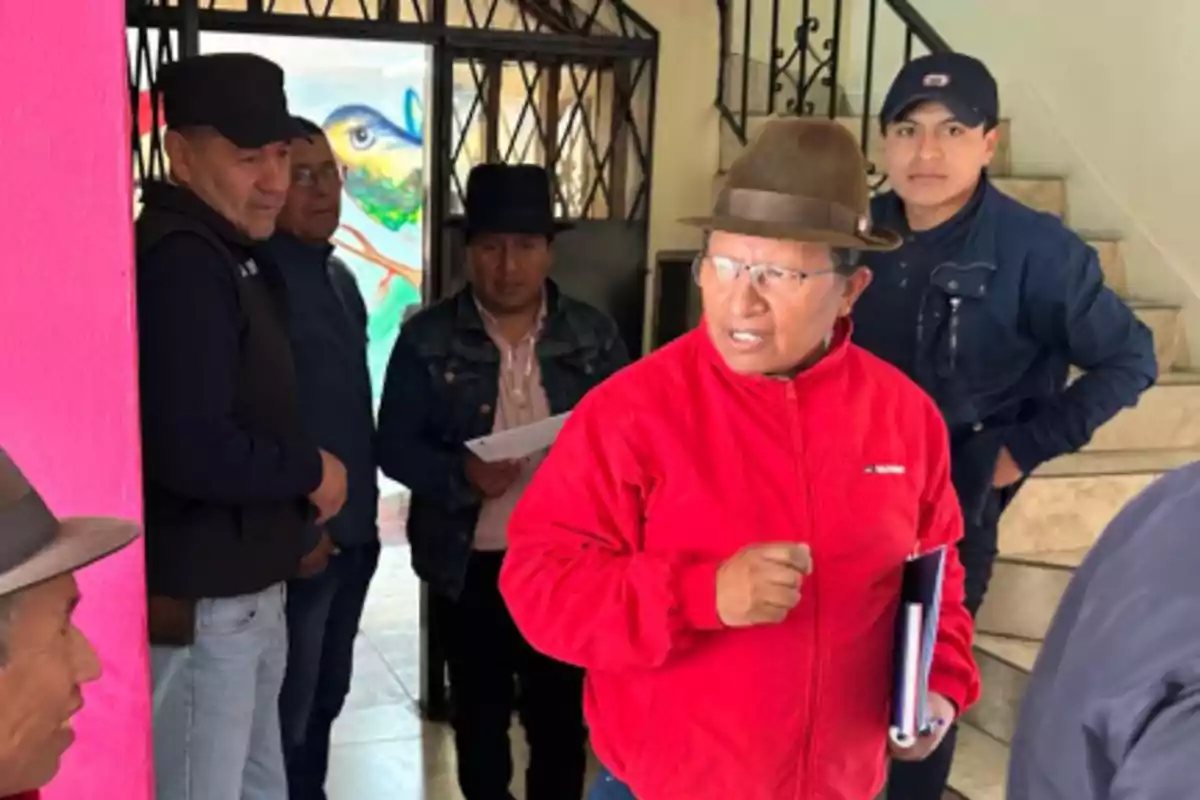
The internal rift within Pachakutik reopens the debate over loyalty to its political agenda
Vote in favor of foreign military bases in Ecuador causes rift between assembly members and leadership
Seven out of nine Pachakutik assembly members voted in favor of eliminating the constitutional prohibition that prevented the establishment of foreign military bases in Ecuador. This decision raised alarms within the Indigenous movement, which convened its national political council on June 6 in Quito.
The meeting was led by Guillermo Churuchumbi, national coordinator, and was attended by leaders such as Leonidas Iza and legislators loyal to the official line, such as Mariana Yumbay and Alex Toapanta. The main concern: the repeated support of some legislators for the government bloc on strategic issues.
The national leadership of the movement warned that the ethics committee will analyze the case and take action. Some leaders have already described these legislators as "politically lost" and indicated that the provinces will have to answer for the actions of their representatives in the Legislature.
Assembly member Alex Toapanta criticized the opening to foreign military bases, recalling that it has been a position historically rejected by the movement. "We have a six-point agenda that was agreed upon. It will be necessary to ask what agenda those who vote with the Executive are defending," he emphasized.

In addition to the military issue, Pachakutik has facilitated other key decisions of the administration, such as the presidency of the Assembly and the blocking of a shortlist for the Judiciary Council. These actions have heightened internal tensions and accelerated a national call to reorganize CONAIE's political movement.
Churuchumbi indicated that the process of ideological review is already underway. "It's not just about applying sanctions, but about reviewing the political horizon of the Indigenous movement in the current context," he explained to the provincial delegates.
By the end of the meeting, the assembly members who voted with the government bloc had not come to Quito, despite having been summoned by the national leadership. Their absence underscores the growing rift and the possible future reconfiguration of Pachakutik as a political actor.
The fracture in Pachakutik highlights the growing dispersion within the Indigenous movement, while some of its legislators opt for pragmatic collaboration with the administration. This internal crisis could redefine its role in the Assembly and force a thorough review of its political project.
More posts: